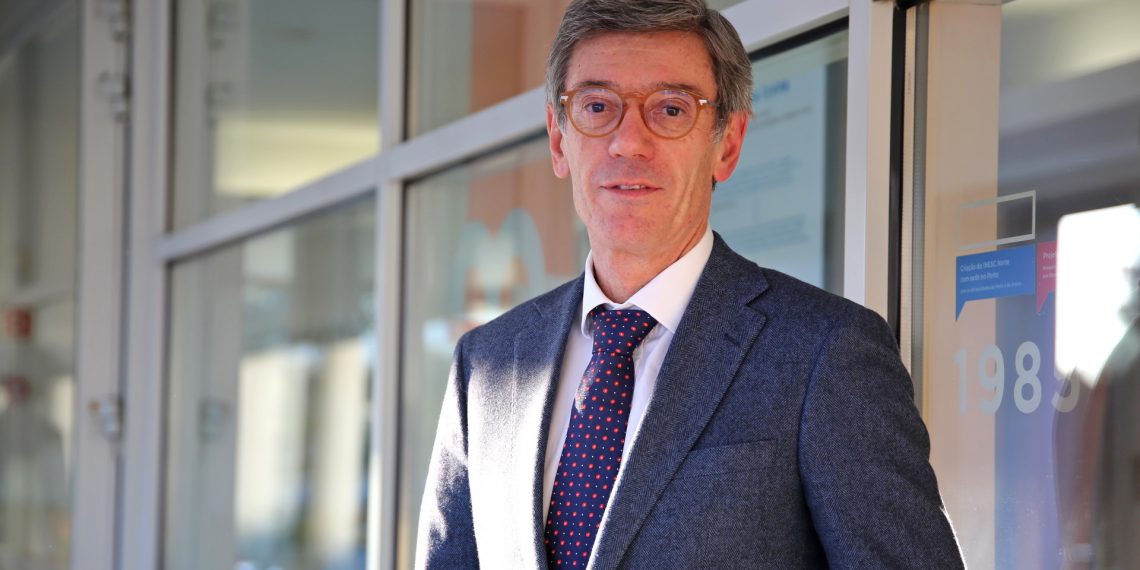The global crisis of 2008 brought the country to the brink of a huge economic and financial crash, thus promoting an unprecedented level of emigration of highly qualified young people who couldn’t find opportunities in Portugal to build the professional career they had dreamed of. The Northern and Central European countries, especially those who experienced a lesser impact of the crisis and those that benefited from it, opened their doors to this influx of talent, especially in the technological areas, in which they were short on human resources.
We have seen a major change in the post-crisis period: this influx was disrupted due to the creation of qualified jobs in Portugal, not only through the economic upturn leveraged by exporting companies – the share of exports in GDP increased from 27% in 2009 to 47% in 2018 – but also for the installation of European technology research, engineering and development centres in Portugal. Besides the operations of Bosch or Siemens, companies such as Euronext, Natixis, Vestas, Altran, BMW and Continental invested in greater Porto alone by creating thousands of highly qualified workstations and by promoting the rehabilitation of thousands of square metres for offices.
This success has resulted in the current shortage of human resources, especially in several engineering areas, hampering the recruitment of qualified young people from Portuguese start-ups and SMEs, foreign investors, universities and research laboratories. If this current trend continues, it is safe to assume that the problem can be exacerbated, and one of the main elements of the country’s attractiveness for qualified technological investment may disappear.
In order to solve a problem, it is crucial to understand it well, and first of all it’s important to understand how it happened and that it has not happened by chance. For more than two decades, in the first government of António Guterres, Portugal had its first Minister for Science, José Mariano Gago. Over time, and later with the Higher Education and in several governments, Mariano Gago was able to get a previously non-existent space for science, creating the pillar for what is now the national scientific and technological system and catalysing a certainly slow change in universities and polytechnics.
The current generation of young talent in engineering and technology has not emerged by chance. It emerged from this fertile environment sown in the 1990s in order to emerge in the following decades. In addition to the solid training in many of our universities and polytechnics, there is also door to other opportunities given by the Erasmus programme, internships in companies, participation in research and innovation projects and even by visiting academic start-ups. From INESC TEC, around 250 qualified young people with at least one year of experience in national or international scientific research or business innovation projects have left to pursue successful careers in Portugal and abroad, of which between 30 and 40 had a PhD. The value of their skills to the country and to companies is huge, but no less important is the fact that many of these young people can choose to stay in their country in order to build a career and not being forced to an unwanted emigration.
The difficult question then is: how to ensure that this talent pipeline doesn’t dry out and that the demand continues to be met, so that it helps the country on its path for improving competitiveness, which is crucial to the sustainability of its development. According to Pordata, in the years of the crisis and the exit from it (2009-2018), the number of young people who completed their integrated masters degrees increased by 24% and the number of those who completed their PhD increased by 68%, certainly due to the abovementioned policies and to the rising importance that young people and their families started to give to higher education. The absolute numbers, which can certainly be compared to those from the OECD countries, open the door to braver and “out of the box” commitments on a country that, with no internal market dimension or exceptional natural resources, has no alternative but to further invest in qualification and knowledge as tools in order to develop itself and compete internationally.
José Manuel Mendonça, Chairman of the Board




 News, current topics, curiosities and so much more about INESC TEC and its community!
News, current topics, curiosities and so much more about INESC TEC and its community!